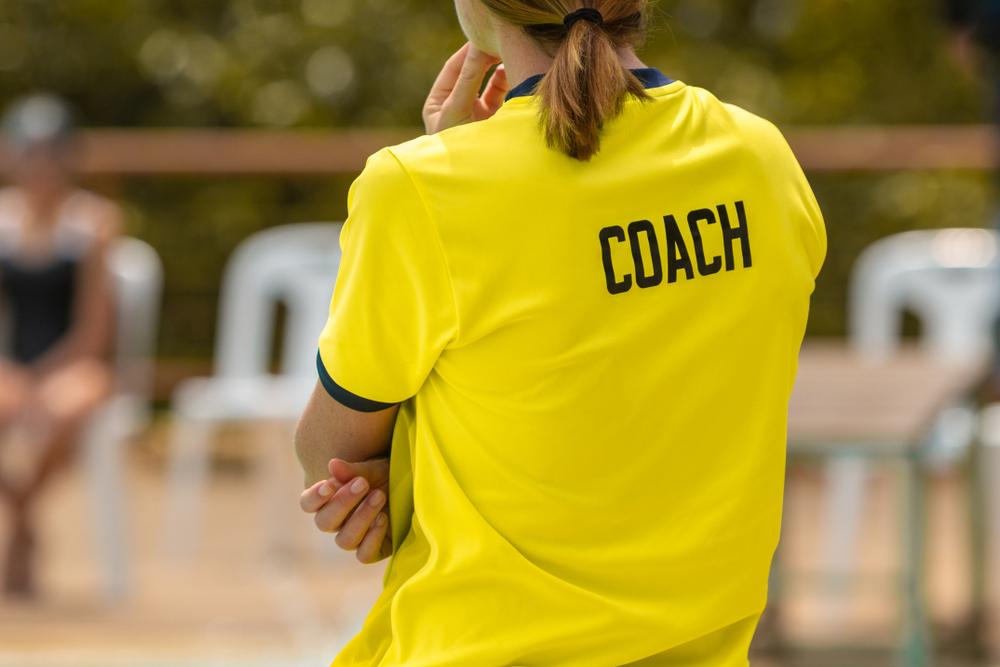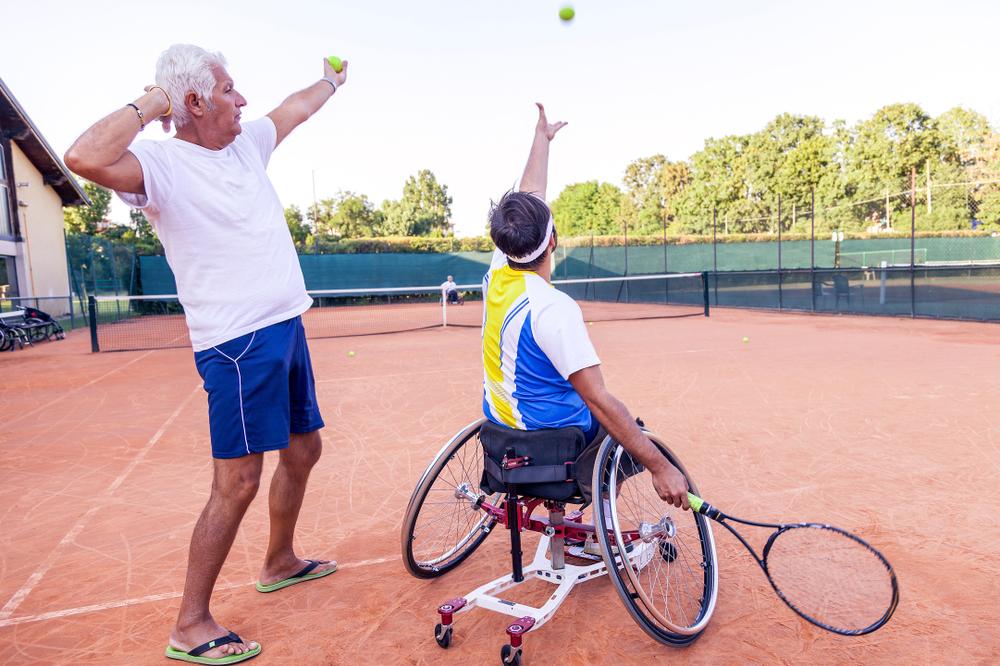By Roberta Kraus, Ph.D., President of the Center for Sports Psychology
 Remember when sports were just plain backyard, unorganized fun? You played all day. There was a place for everyone on a team, and it really didn’t matter if you were good.
Remember when sports were just plain backyard, unorganized fun? You played all day. There was a place for everyone on a team, and it really didn’t matter if you were good.
But these days many kids are juggling two or three sports for their schools and clubs and often traveling far to games. There is time for little else, and scoring and winning equates to success. Some parents even hire personal trainers for their young children and some sign contracts with sports video companies to film their middle school soccer player in hopes of getting attention from Division 1 colleges early.
To some of you, the above scenario may be somewhat of an exaggeration. But to many parents it is the way they live their lives: through their child’s athletics.
As a sports psychologist, parents frequently approach me and ask how they can better help their children manage stress in their sport. While mentoring these parents, I have developed some strong beliefs about why positive coaching from parents is crucial for helping today’s young athletes manage their sports-related stress levels.
Redefining Sports Success
What has become paramount for me in my work as a mental training coach is the need to get parents to redefine “sport success.”
If we truly believe that success is not always measured in the win column, how do we evaluate the accomplishments of a team that loses more games than it wins?
For example, even if a team of ninth grade boys in a competitive basketball league earned a record of 6-16, they could still have had a very successful season.
They opened the season with three straight losses, dropped one game by 49 points, and finished the regular season in seventh place after five straight defeats. They began the post-season tournament with a win that earned them the distinction of playing against the league’s number one team. In one of middle schools’ greatest upsets, the underdogs beat the 17-1 first-place team.
Unfortunately, they lost their next two games and were eliminated from the tournament. There were no trophies, and 16 losses speaks very plainly of where they ranked in basketball ability. So, what could have still made this season a success for them? What played out both on the court and off, in school and at home, that made this group of young men better human beings and winners in the eyes of everyone associated with this program?:
- The players showed respect for officials.
- At no time during the season or post-season play did a player, coach, team or fan receive a technical foul.
- When things were going no player ever blamed another teammate.
- No player or parent ever openly complained about lack of playing time; everyone cheered their child’s teammates.
- There was never a situation that was even close to becoming a fight.
- The players carried their positive attitudes home because the parents supported the team through some tough losses.
But the greatest gift the players walked away with was something that the parents and coaches taught them through their role-modeling skills: while never becoming accustomed to losing, the players understood the basic truth that winning or losing basketball games had no correlation with their value as a person.
It was obvious to any observer that the parents and coaching staff believed in the value of competition, but also that they believe that value exists in defeat. Win or lose, there were positive life lessons for everyone!
Guidelines for Positive Youth Athlete Coaching
Before your child or team’s next game, keep these “dos” of coaching youth athletes in mind:
- DO your best to be completely honest about your child’s athletic capabilities, competitive attitude, sportsmanship behavior, and actual skill level.
- DO get to know the coach and support his or her philosophy, knowledge and skill ability. Let your child know that not all coaches are equal. Nevertheless, it is still essential the child and the parents give coaches the respect they need to do their jobs.
- DO take the time to provide clear, vivid images/pictures of your child’s successful performance after every game.
- DO teach your child the value of competition and all that it has to offer in regards to performance goals. Improvement of effort is the only thing in their control.
- DO open yourself up to being coached by your child. Ask them how to best support them in their sport and then honor their wishes through your behaviors.
Further reading and bibliography
Kirshenbaum, Daniel, Director of the Center for Behavioral Medicine and Sports Psychology in Chicago.
NCYS – National Council of Youth Sport Official Publication, Volume 6, Issue 3, May/June 2001
Ottewill, Bob. Winning or Losing Not Correlated with Kid’s Value. Colorado Interscholastic Magazine, April 1998.
Sport and Exercise Psychology, 1992, volume 1, 59.
The Medical Tribune News Service, August 24, 1999.
Wolk, Alexander. The American Athlete. Sports Illustrated, October 6, 2003.
Roberta Kraus, PhD. is a Sports Psychologist for the Center for Creative Leadership who designs mental training programs that improve peak performance, team leadership, group dynamics, communications, and motivation.



